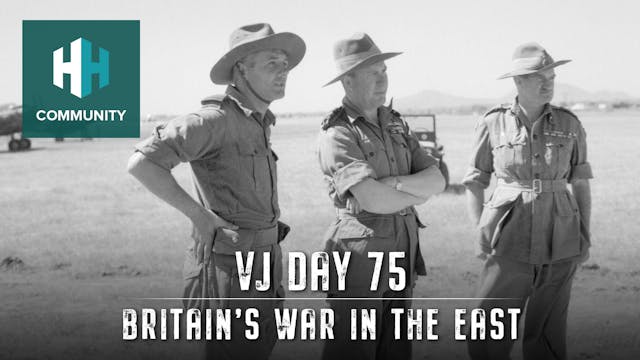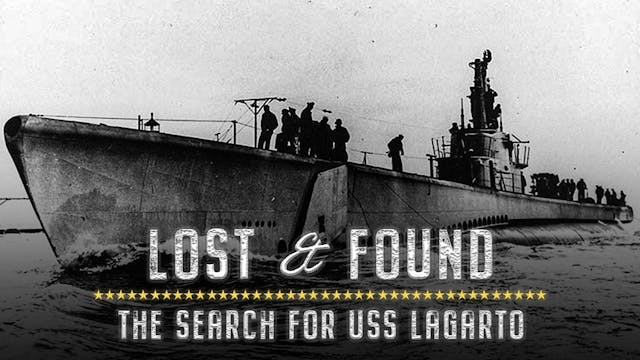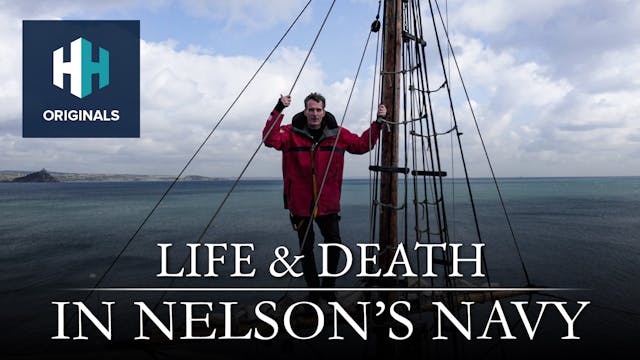In August 1941, the Allies launched Operation Dervish. This was the first of the Arctic Convoys, ships which sailed from the United Kingdom, Iceland and North America, and brought essential supplies to the Soviet Union.
After the successful launch of Operation Barbarossa, the USSR was in desperate need of raw materials, fuel, military equipment and food. Realising the importance of keeping the Germans fighting on two fronts, Churchill offered a helping hand to Stalin.
Though eager to cooperate, the task of shipping supplies to the Soviet ports of Murmansk and Archangel was not an easy task. Sailing up through the treacherous Northern Atlantic, the convoys were faced with some of the harshest seafaring conditions, including temperatures that reached -30 degrees Celsius, gale force 10 winds, towering seas, intense fog and drift ice. The sailors on deck also had to be wary of the continuous threat of icebergs.
If this wasn’t enough of a challenge to the 78 convoys that made the journey to the Soviet Union between 1941 and 1945, the merchant vessels also faced the serious possibility of U-Boat attacks or German bombing raids.
As the convoys skirted occupied Norway en route to Murmansk and Archangel, the close proximity of German air and naval bases meant that attacks on the convoys were commonplace, and casualties were inevitable. Over 3,000 men lost their lives on the Arctic Convoys with 87 merchant ships and 18 Royal Navy ships lost.
In this documentary Dan Snow delves deep into the history of the Arctic Convoys and reveals the ultimate sacrifice of the crews onboard the ships that made the perilous journey.
Up Next in Odysseys
-
VJ Day 75: Britain's War in the East
Saturday 15 August 2020 will mark the 75th anniversary of Japan’s surrender and the end of the Second World War. Liam will explore the history of Britain’s war with Japan from the fall of Singapore straight through to the Japanese surrender as well as the consequences of this conflict on Britain’...
-
Lost and Found: The Search for USS La...
A fierce WWII battle at sea, unreported for more than 60 years is revealed at the bottom of the Gulf of Thailand in HD underwater video. There lay the US submarine Lagarto and the remains of her 86 crewmen, whose families share how their husbands’ and fathers' disappearance shaped their lives. Wr...
-
Life and Death in Nelson's Navy
200 years ago, Britain's Royal Navy was the most technologically advanced and supremely efficient force in the history of naval warfare.
But what was it like to live and work on board these ships? What did the men eat? How did the ships sail? What were the weapons they used?
In this documentar...




16 Comments